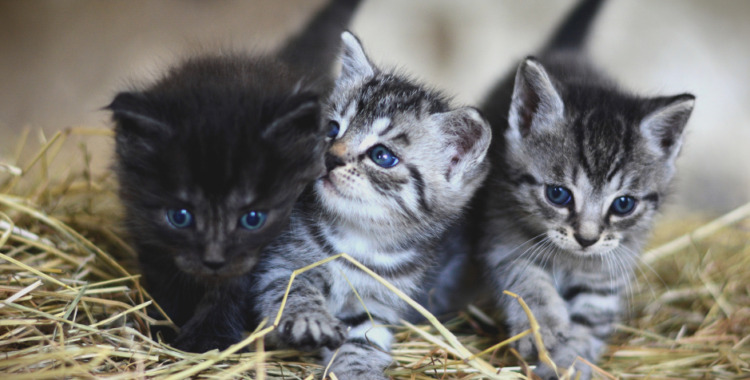Spain’s New Animal Welfare Law
After months of negotiations, the Spanish congress has finally given the green light to the new animal welfare law, which will particularly affect pet owners.

Spain’s new ley de bienestar animal or animal welfare law seeks to protect the wellbeing of animals, whether they are kept as pets or are wild animals used for the pleasure of humans such as in circuses or cock fighting.
It was passed by the Spanish congress on Thursday February 9th, but now must move to the senate for final approval before it comes into force.
Here are the main key takeaway points from the law that you should know about.
Ban on pets in shop windows
The new law prohibits the “commercialisation of dogs, cats and ferrets in pet shops, as well as their display and exposure to the public for commercial purposes”. This means no more animals in pet shop windows to attract customers inside.
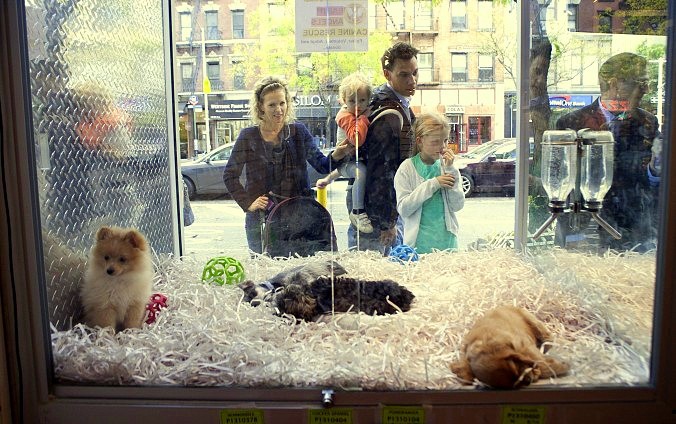
Dogs and cats will not be allowed to be kept in confined spaces
Violent and degrading practices will also be prohibited, such as “regularly keeping dogs and cats on terraces, balconies, rooftops, or in storage rooms, basements, patios or vehicles”.
It will also be illegal to leave your pet alone without supervision for more than three consecutive days, a period that is reduced to just 24 hours in the case of dogs.
You will need to take a training course to buy or adopt a dog
One of the most talked-about parts of the law is that it will be mandatory for anyone who wants to own a dog to take a short training course in advance. The course will be free and will be valid indefinitely.
In addition, the regulation establishes that “in the case of dog ownership and throughout the life of the animal, the owner must contract and maintain in force a civil liability insurance for damages to third parties that includes coverage for those responsible for the animal”.
However, in one of the most controversial points of the law, hunting or working dogs, such as sheepdogs, will not be included in the above rule. It states that “in the case of dogs used in hunting, grazing and livestock guarding activities and with respect to the people who handle them, they will not be subject to behavioural validations, specific veterinary checks of aptitude or have to be in possession of a veterinary certificate accrediting said aptitude, nor have specific qualifications or training courses”.
No wild animals allowed in circuses or other cultural performances
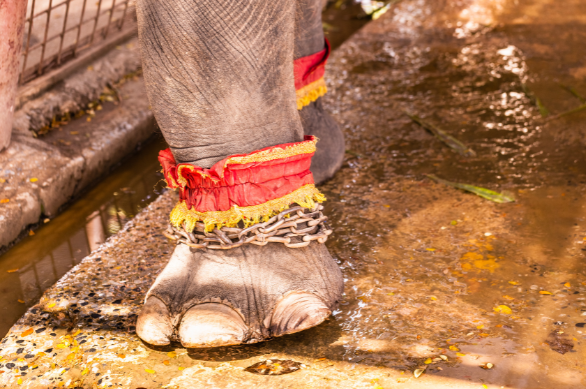
The new law also prohibits the use of wild animals in circuses such as elephants or lions, as is already the case in many regions across Spain. Failure to comply with this rule will be considered a very serious infraction with a fine of up to €200,000.
The law specifically states: “the use of animals in prohibited activities, particularly in cultural and festive activities, in mechanical attractions, fairground carousels, as well as the use of wildlife species in circus shows” will be sanctioned. And, in the same way, “the use of animals in nativity scenes, parades or processions” will be prohibited.
Only controlled licensed breeding of animals will be permitted
The law will also implement a set of rules to control the breeding and sale of animals. In general terms, individuals will be prohibited from breeding pets and will it only be allowed by those who are properly registered professionals, who must comply with all animal welfare guarantees.
Among these limits, even for registered breeders, will be a rule on the number of litters that each female can have. The fine for breeding animals for commercial purposes without a proper licence will be from €50,001 to €200,000.
A ban on keeping certain animals as pets
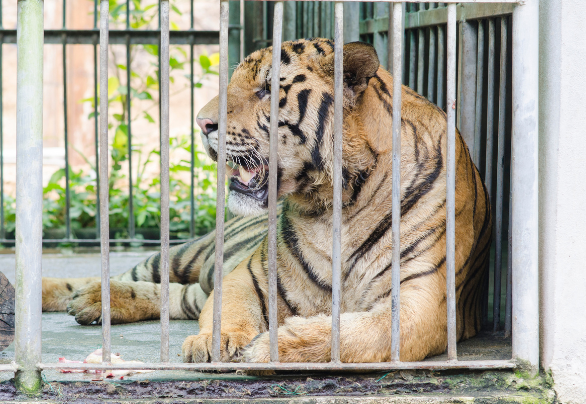
There will be certain animals that will not be allowed to be kept as pets. A new list has been created of the only species that are allowed as pets, meaning that all others not on the list will be prohibited. There are several different criteria animals must meet to be on the list, mainly that the animals “must be able to be adequately kept in captivity”, they must not be “invasive” or pose a serious risk “in case of escape and lack of control” nor should they belong to any “protected wild species”.
Just some of the many animals that will no longer be allowed to be kept as pets include spiders, certain birds that are not native to Spain such as parakeets and love birds, Vietnamese pigs, hedgehogs, turtles and exotic reptiles like snakes, lizards and chameleons.
Controversially, the list of animals that are allowed does not include some species that are regularly kept as pets such as rabbits, guinea pigs, chinchillas, mice and hamsters.
Cock fights will be prohibited
One of the most heavily punishable parts of the law is the ban on cock fighting. There are only two regions left in Spain that still allow it, the Canary Islands and Andalusia. Currently, cockfighting is prohibited in all locations where it has not traditionally “been celebrated”. In Andalusia, it will only be allowed “for the selection of breeding and the improvement of the breed and its export” to countries where these shows are allowed. The fines for not obeying this law will be up to €200,000.
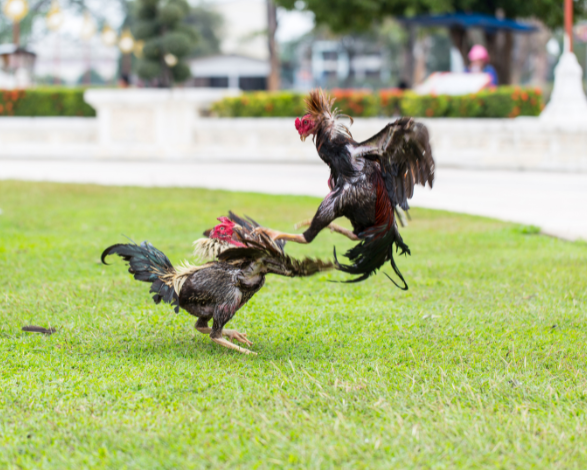
Many Thanks to THE LOCAL es

